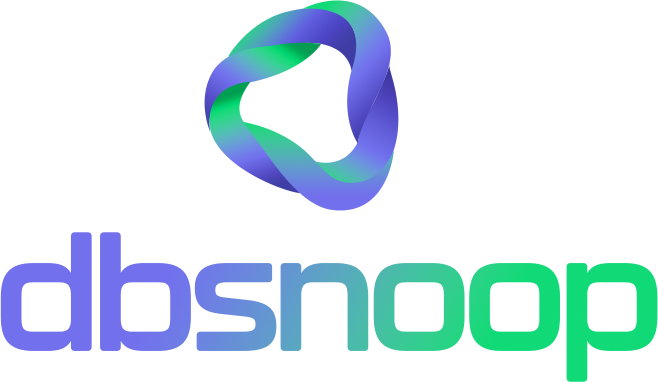
Traditionally, writing and optimizing queries require a deep understanding not only of the database schema but also of indexing techniques and the specific characteristics of the DBMS used. With the advancement of AI, it is now possible to automate and enhance these processes, reducing the burden on developers and database administrators while improving the efficiency and performance of information systems.
AI in Query Writing
Writing SQL queries can be a complex task, especially in databases with large or complicated schemas. AI tools are beginning to change this scenario through the use of natural language interfaces and machine learning. For example, developers can now describe in natural language what they need from a database, and AI-based systems can convert that description into an optimized SQL query. This not only speeds up the development process but also makes the technology more accessible to non-experts.
Automatic Query Optimization
The true power of AI in relational databases is manifested in the automatic optimization of queries. Machine learning algorithms can analyze data access patterns, anticipate information needs, and dynamically adjust query execution strategies to maximize efficiency. Additionally, AI can recommend automatic indexes or adjust existing ones in real-time to adapt to changing usage patterns, a task that traditionally requires significant manual intervention and expertise.
Technical Challenges and AI Solutions
Despite these advantages, integrating AI into query optimization presents challenges. The accuracy of AI recommendations depends on the quality and quantity of training data. Therefore, it is crucial that systems are fed with comprehensive and up-to-date data. AI solutions need to be trained with sufficient variety to understand the nuances of different data schemas and operational workloads.
Case Studies: AI in Action
Cutting-edge technology companies such as Oracle and Microsoft are already implementing these technologies in their products. The Oracle Autonomous Database uses machine learning to automate query optimization, database administration, and even security, drastically reducing the need for manual intervention (Oracle, 2023). Similarly, Microsoft’s SQL Server has incorporated features that allow the system to adapt query plans in real-time based on observed application behavior (Microsoft, 2023).
Conclusion
Artificial intelligence is defining a new paradigm in relational database management. With its learning and adaptive capabilities, AI promises not only to simplify query creation and optimization but also to transform the way data is managed and accessed. As this technology evolves, the expectation is that more organizations will adopt AI to enhance the performance, security, and usability of their database systems.
References
– Oracle (2023). “Enhancing Database Performance with AI.” Oracle Whitepapers.
– Microsoft (2023). “Real-Time Query Performance with AI.” Microsoft SQL Server Updates.
For more articles, visit our blog.

Give it a try for 14 days, no burocracy, no credit card
Learn more about Flightdeck!


